What is meridian therapy?
Meridian Therapy
While it’s often applied in our field to a Japanese technique, all of Chinese acupuncture works with “meridians”, or lines of movement and flow through the body.
In TCM, 12 main meridians in the body distribute nutrients and blood in a similar fashion to the circulatory system. The meridians affect how Qi circulates and connects to the body’s major organs, with each meridian corresponding to an internal organ. In modern western terminology, we could liken this to lines of connective tissue, or neuromyofascial lines. For example, the Lung meridian runs along the arm, whereas obviously the lung organ is in the chest. Meridian Therapy is the name given to Japanese acupuncture techniques that focus on the meridians more than the internal organs (or zang fu diagnosis) to restore balance to the body; it features touch to palpate specific points on the body to both assess and treat, or to stimulate the flow of Qi (energy).
What Are the 12 Main Meridians?
The main meridians and organs of the body are:
Lung: regulates the rhythmic consumption of energy and respiration, brings moisture to the skin,
Large Intestine: regulates processing and extraction of water from waste, and excretion of waste
Stomach: regulates extraction of nutrients, distribution, and digestion, storehouse organ. Descending function.
Spleen: regulates absorption of nutrients, transformation and movement of food and fluids. Sponge-like function.
Heart: regulates the circulation of blood to organs, stores our Spirit (Shen), is reflected in the eyes.
Small Intestine: regulates digestion, absorption, and bowel functioning.
Bladder: regulates the removal of toxins, stores fluids, regulates temperature
Kidney: regulates reproduction and aging, produces bone marrow and blood, corresponds with many hormones, hearing, teeth and bones.
Pericardium: regulates energy surrounding the heart to ensure function and emotional balance.
Triple Warmer: regulates fluids and warmth of the body.
Gall Bladder: regulates all the other meridians and functions.
Liver: regulates blood flow, orderly movement of energy upwards and outwards, closely linked with female reproductive system, venous circulation and maintains flexibility of ligaments and tendons.
